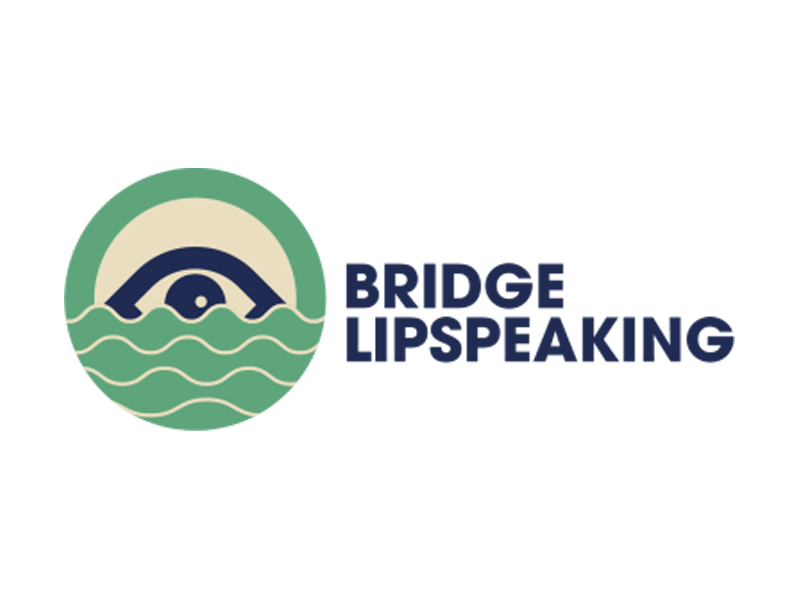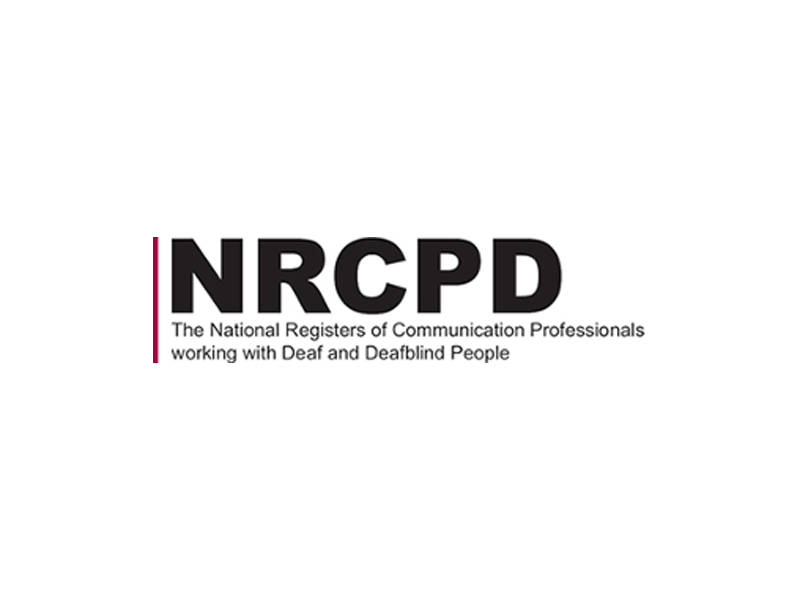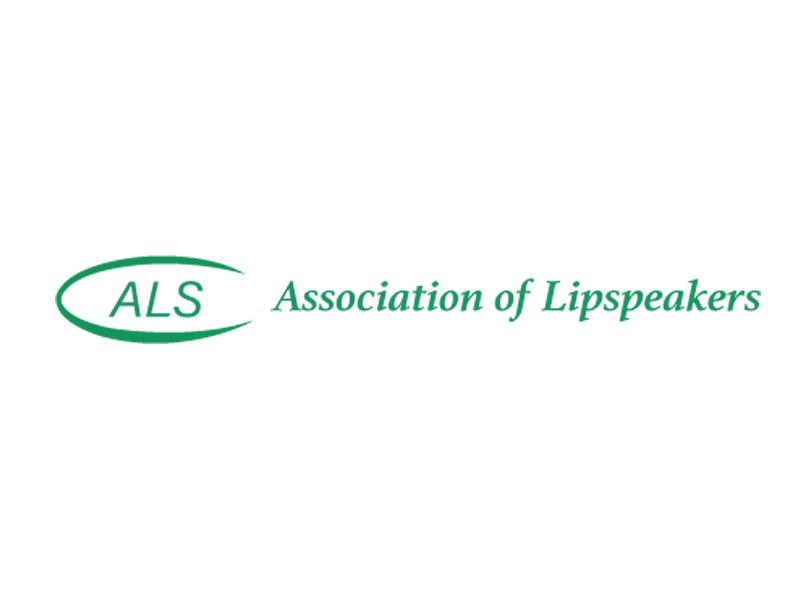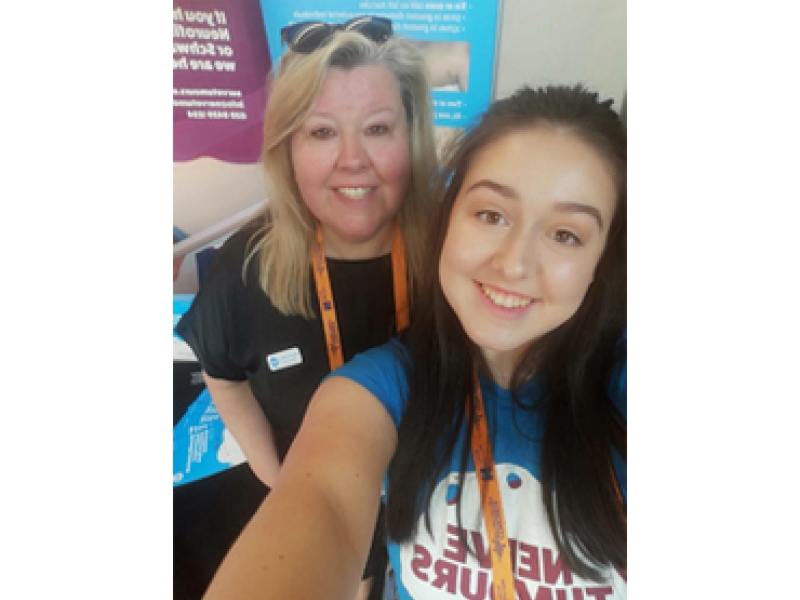How To Use Lipspeakers – Support For Those Affected By Hearing Loss
02 October 2020
Lipspeaking supports deaf and hearing-impaired people to see the speech they cannot hear. The Lipspeaker provides clear lip pattern to make it easier to understand what is said.
Watch Frances Harris’ video, in which she demonstrates Lipspeaking, one type of professional communication support for people living with NF2- Neurofibromatosis Type 2. Frances is talking about hearing loss, lipreading, and how to use Lipspeakers. Lipspeaking can support those affected with hearing loss to keep their own independence in their day to day life. The service can not only provide support for education or official appointments but also for day to day life with family and friends.
Lipspeaking in a nutshell
A Lipspeaker presents spoken words clearly so that it is easier to lipread:
- The main Speaker talks
- The Lipspeaker listens
- The Lipspeaker presents the words clearly (with or without voice as required)
- The deaf/hearing-impaired person can then see the words
The clear lip pattern of the Lipspeaker makes lipreading and understanding speech very much easier. The Lipspeaker can also add visual clues on their hands and face to confirm the meaning and convey the tone.
- Lipspeaking provides a clear delivery at a steady pace, whatever the accent or speed of the main speaker(s)
- Lipspeaking reduces the effort and stress of understanding what is said
- Lipspeaking promotes accessibility for deaf and hearing-impaired people
- Lipspeaking can help across a wide range of situations. It brings those with hearing loss back into the conversation in their own right.
Frances Harris is trained both as a Speech/Language Therapist and as a Lipspeaker. She worked for 15 years in the Audiology & Hearing Implant service at Addenbrookes hospital in Cambridge, including 10 years within the NF2 multidisciplinary team, which gave her many rich encounters with those living with NF2. Her wide working knowledge of speech and voice, audiology and communication disorder makes her keen to provide communication support for people with hearing loss. We are grateful for her support to the NF2 community and to Nerve Tumours UK.

Frances is registered with the NRCPD and is a member of the Association of Lipspeakers.


Filter News

How To Use Lipspeakers – Support For Those Affected By Hearing Loss
Frances Harris at Bridge Lipspeaking shares how lipspeaking can help those with hearing loss or total deafness caused by NF2
Read More_370x280_800_600_s_c1.png)
Living with Neurofibromatosis Type 1: An Anthropological Study
Get involved and share your story to help increase cross-cultural understanding and awareness of NF1
Read More
Nimo’s NF1 Story
Read Nimo's incredible journey of coming to terms living with NF1 & how Nerve Tumours UK has changed her life for the better
Read More
Georgia’s Schwannoma Story
Read Georgia's inspirational Schwannoma story and how she had to fight for her diagnosis
Read More
Voices of Visible Difference #YoureNotAlone Men’s Campaign
Two-thirds of men with visible difference are affected in their day to day life. Read more
Read More
Childhood Neurological Conditions Survey
Find out how you can help shape the future of treatment for Childhood Neurological Conditions such as Neurofibromatosis
Read More
We’re Here for You, Our NF Community.
A big thank you from Karen our Charity Director - your support has been amazing!
Read More
Global Genes LIVE!
Join Global Genes September 15-25, 2020 at Global Genes LIVE! A RARE Patient Advocacy (un)Summit.
Read More
Shine A Light on Neurofibromatosis now streaming on The Disorder Channel
Find out how we are bringing NF Awareness to people's homes
Read More
